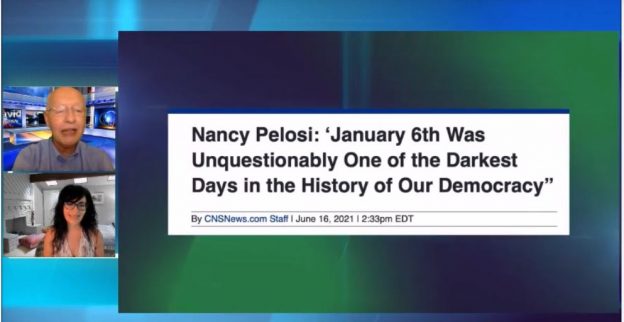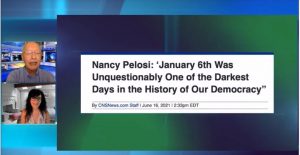It could not happen in the USA!
The Economist reports that “a [British] parliamentary committee,” no less, has issued a report about the difficulties of “working-class white pupils.” They are underperforming.
The magazine covers evenhandedly how “the use of the phrase ‘white privilege’ may harm poor white youngsters who, by definition, are nearer the bottom of the socioeconomic pyramid than the top.”
More crucially, can you imagine a US Congressional committee even commissioning such a report? I can’t. The Republicans would certainly not push for such long-overdue fact-finding. They have not! Why not? UPDATED (8/1): Humor: Question: Why have Republicans not got a congressional committee looking into white underprivilege and disadvantage, as the British have? Answer: Because Republicans “think” JD Vance’s novel, Hillbilly Elegy, is social science.
Why, there would be riots in the streets if white poverty and underprivilege got attention from the representatives of those poor, underprivileged whites.
The Johnson column calmly explains what each side means when it asserts or rejects “white privilege”:
As is often the case, the two sides of this debate seem to mean very different things by this concise but explosive term. Sensible folk who give credence to the idea of “white privilege” argue that, whatever their other problems, white people do not face the same race-based disadvantages as ethnic minorities, from the minor (a shopkeeper training a wary eye on them) to the more serious (teachers reflexively judging them to be less capable than they really are).
But some sceptics of “white privilege” think it implies that every white person is privileged in an overall way—or even that, merely by existing, white people are complicit in the discrimination suffered by minorities. For some who interpret it this way, the concept is discredited by the existence of poor white people.
In recent years, however, the word has been widely used to refer to the advantages enjoyed by the white majority in countries such as Britain and America. In the raging culture wars, “white privilege” is now among the many phrases lobbed like online grenades between opposing camps. Since the combatants cannot agree on what it means, it is not surprising that there is no consensus on whether it exists and what should be done about it.
The problem with these terms is their compression. They are signposts rather than arguments, only making sense in the context of more elaborate reasoning. Those who use them often seem to hope that the catchphrases invoke all the nuances of the underlying concepts. In the vituperative, tweet-length exchanges that now pass for political debate, that is usually wishful thinking.
Kind of banal and sanctimonious. The take-away news here being that a British “parliamentary committee [actually] released a report into under-performing working-class white pupils.”
Unheard of in American halls of power.








